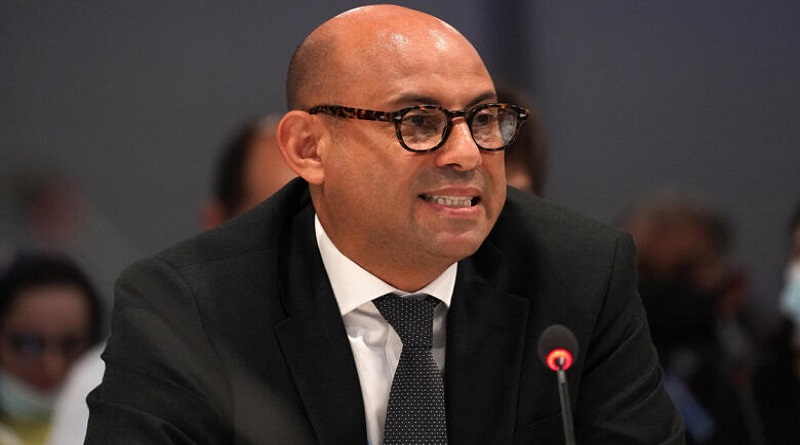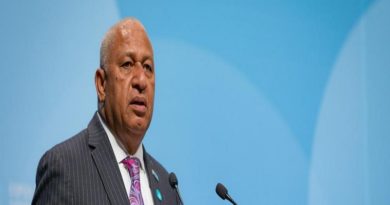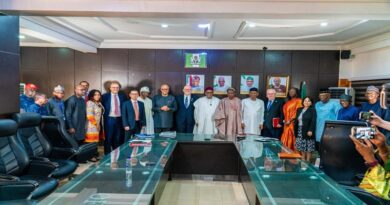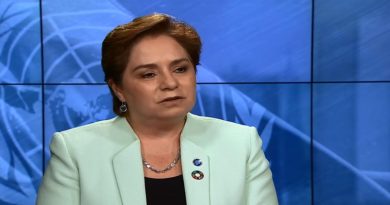Regional Collaboration Centers support countries on NDCs 3.0
As governments prepare their third generation of national climate action plans (Nationally Determined Contributions, or NDCs), UN Climate Change and its partners are stepping up efforts to make information about NDCs 3.0 available to all relevant stakeholders in the world’s key regions.
This is done not least through Regional Collaboration Centres (RCCs) partnering with UN agencies, development banks, think tanks, and other key players in the NDC support community who are operating locally. The new, more ambitious NDCs need to be ready by early 2025.
A UNFCCC webpage is now available featuring six regional webinars that RCCs recently held to showcase the support countries in their regions can tap into to develop stronger and more durable national climate plans.
Speaking via recorded video ahead of each webinar, UN Climate Change Executive Secretary Simon Stiell emphasized his organization’s commitment to support governments in preparing and communicating their new NDCs 3.0 and stressed the importance of the new plans.
“These may be the most important documents to be produced in a multilateral context so far this century. They can be economic blueprints for each nation and help attract significant new investment in climate action and development, building on the work done to date, including whenever possible stronger 2030 targets. These new NDCs need to respond to our climate reality,” he said.
The series of webinars available online feature eight countries sharing their experiences and expressing specific needs for technical expertise, capacity building and collaboration opportunities. The webinars included the participation of representatives from Maldives, Indonesia, Saint Lucia, Côte d’Ivoire, Brazil, Panama, Lebanon, and Tunisia.
In addition, more than 20 partners operating both regionally and globally shared support opportunities for countries looking to submit even more ambitious NDCs in 2025. Support by these partners spans critical areas such as planning, coordination, financing, tracking, technical reporting, and private sector participation.
The latest series of webinars complement regular virtual and in person meetings of major development and implementing organizations. Several such meetings will take place this year and will enable organizations to share information on how they are progressing in providing the crucial support governments need to develop effective NDCs. The first such meeting, which convened over 50 such organizations, took place in Bonn in March.
The Regional Collaboration Centers will continue to coordinate support, including capacity building activities and technical assistance throughout the year, given they are well positioned as hubs for collaboration and can mobilize and connect across broad networks of partners in key regions.
Additionally, the UN Climate Change secretariat will work closely with UN Resident Coordinators to leverage their political connections and drive action at the country level. This collaborative effort will help clarify what action is possible, how to achieve best outcomes, and who to mobilize to make it happen.




